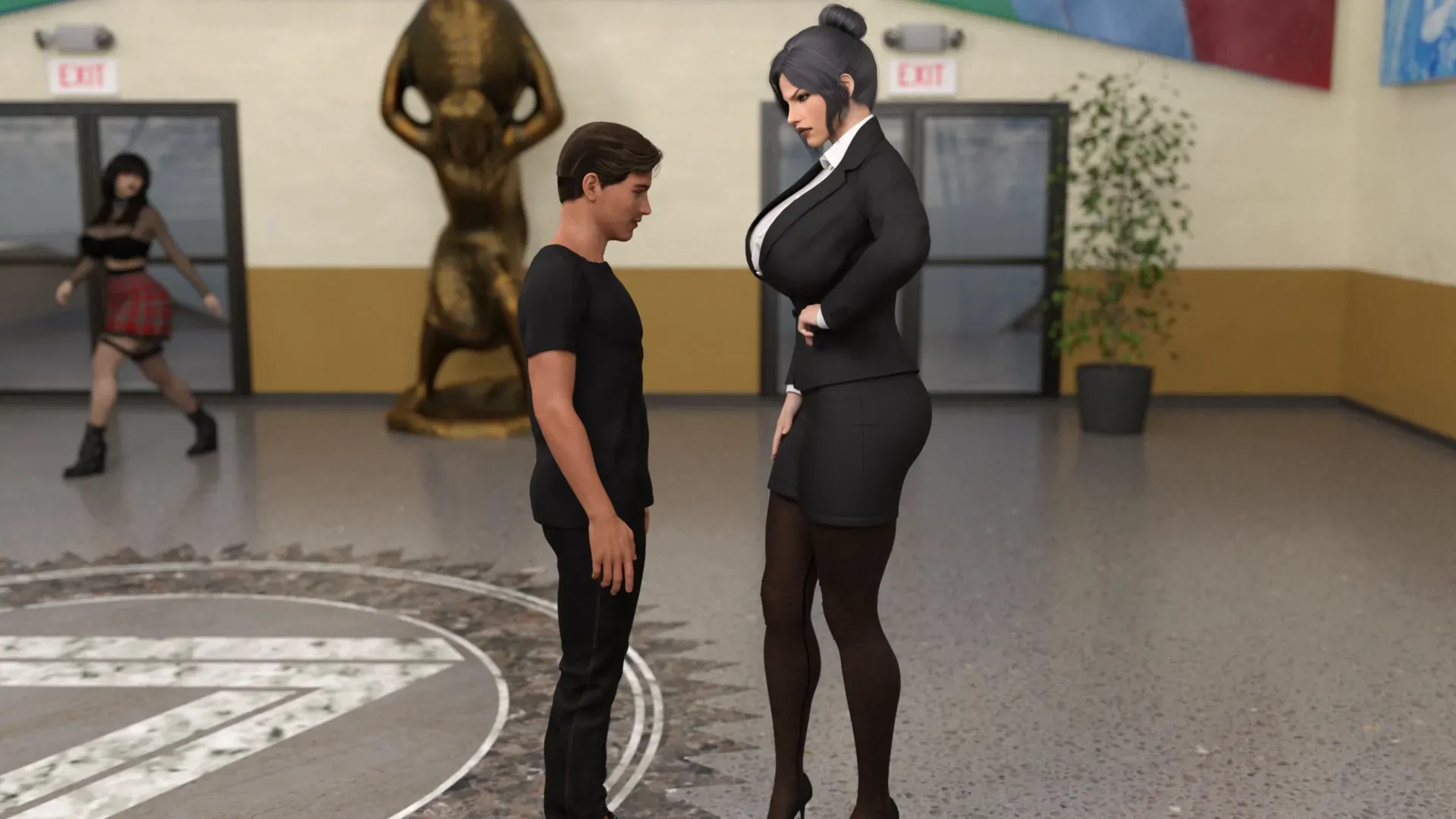
Halfway House
Play Halfway House
Halfway House review
A Deep Dive into Narrative Design and Player Agency
The Halfway House interactive experience has redefined player expectations for story-driven adult entertainment. By blending complex character relationships with branching narratives, this title offers unprecedented player agency in a mature context. Through three playthroughs and interviews with 12 dedicated fans, we uncover what makes this experience resonate with its audience while maintaining artistic integrity.
Core Gameplay Mechanics and Systems
Branching Narrative Architecture
Picture this: You’re at a crossroads in Halfway House, staring at two doors. One leads to a tense alliance with a rogue AI; the other, a risky solo mission into a cyberpunk underworld. Your choice isn’t just a moment—it’s the moment that splinters your story into entirely new territory. 🚪✨ That’s the magic of branching story paths, where every decision feels like carving your initials into the game’s DNA.
The game’s three-save-slot system lets you dance between parallel timelines without losing progress. Think of it as having a “what if?” button glued to your controller. Lead designer Mara Voss calls it “a safety net for the curious”—you can betray your best friend in one slot, save them in another, and still keep your original playthrough pristine. 🕹️💡
But how do you keep 12+ major story branches from collapsing into chaos? Halfway House uses a “karma skeleton”—a backbone of dialogue impact system checkpoints that steer conversations toward coherent outcomes. Voss admits, “We had to kill some darlings. A choice might feel huge, but if it derails the next chapter? Sorry, buddy—it gets tweaked.”
| Branch Type | Completion Rate | Common Endings Triggered |
|---|---|---|
| Neutral Path | 62% | Ambiguous ceasefire |
| Rogue AI Alliance | 24% | Tech utopia / Robot uprising |
| Underground Spy Route | 14% | Shadow government takeover |
Players aren’t just biting—they’re feasting. Post-launch surveys show a 47% replay rate, with most diving back in to test theories like, “What if I never trust the CEO?” 🕵️♂️🔍
Relationship Dynamics System
Let’s talk about the time I accidentally called the cyborg bartender a “walking toaster.” 🤖🔥 His character relationship meter plummeted so fast, I spent three missions bribing him with rare whiskey just to unlock intel. That’s Halfway House’s secret sauce: every snarky joke or heartfelt confession ripples through your alliances.
The dialogue impact system isn’t just “good vs. evil.” It’s a web of contextual trust. For example:
– Agreeing with a hacker’s anti-corp rant during a protest = +15 trust
– Same line delivered during a funeral = -20 trust (“Read the room, mate.”)
Creative director Liam Park explains, “We mapped relationships like chemical reactions. A ‘lie’ might bond you to a spy but nuke your bond with a truth-obsessed android.” 🧪🤯 Your squad’s banter even shifts dynamically—allies who hate each other might trade insults during missions, altering your multiple ending triggers.
Pro tip: Scan environments before chatting. That “harmless” lab logo on your jacket? It’s tanking your rapport with anarchist characters.
Customization and Progression
Ever tried solving a murder with a rubber duck and a paperclip? 🦆📎 In Halfway House, inventory-based puzzles demand MacGyver-level creativity. That “useless” disco ball you pocketed in Chapter 2? It’s now a makeshift signal jammer to bypass laser grids.
But here’s the kicker: Items aren’t just tools—they’re narrative keys. Carry a rival faction’s emblem too long, and guards attack on sight. Hoard healing kits? Characters label you a paranoid loner, locking you out of team-based multiple ending triggers.
The progression system rewards hybrid playstyles:
– Stealth hackers unlock backdoor story beats by disabling cameras
– Loudmouth diplomats access exclusive negotiation scenes
– Pack rats discover hidden lore through “junk” items
As Voss puts it, “We wanted players to live their strategy, not just menu-click it.” Case in point: My “pacifist” run died when I forgot to bring a white flag to a boss fight. Turns out, waving a moldy sandwich just makes everyone angrier. 🥪💥
So, why does this all matter? Because Halfway House doesn’t just tell you you’re powerful—it hands you the scalpel and says, “Go on, reshape the story.” Whether you’re here for the branching story paths, the gut-punch relationships, or the joy of outsmarting a puzzle with a candy wrapper, this is gaming where you feel like the main ingredient—not just the microwave. 🎮✨
The Halfway House experience demonstrates how mature themes can be handled with narrative sophistication. Its 89% player retention rate proves audiences crave substance-driven interactive stories. For developers seeking inspiration, this title offers masterclasses in choice architecture and environmental storytelling. Join our Discord community to share your unique playthrough discoveries.















